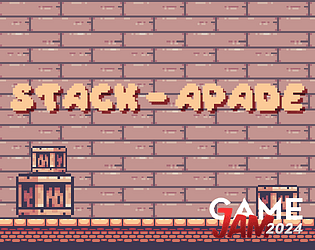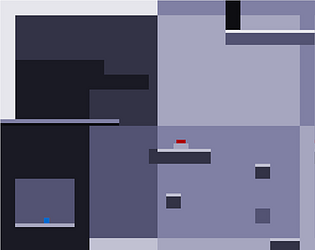Yeah here's the whole Twitter post along with its replies.
- Hello, you all! This is (depending on time zones) the last day of Devtober! You should probably start thinking about your post mortem, by now, so let's get into details about what it is
- A post mortem, to put it simply, is a document meant to list what you've learned through a project. https://en.wikipedia.org/wiki/Postmortem_documentation Usually, it follows a simple structure of "What went right / What went wrong / What to fix or improve next time."
- Now I'm not your mom nor your teacher, but I really recommend writing something! It's not only gonna help you digest your month, process what you've (consciously or not!) learned, but also allow you to share with others so they can learn from your own experiences.
- Now, don't necessarily focus on the project itself - the goal is not to explain how you found the one line of code that fixed your collision system, but rather explain the process of how you found solutions to a problem.
- It doesn't have to be all negative either, make sure to talk about things that went better than expected, and what you did to make it happen!
- In the context of Devtober, I think it'd be more interesting to talk about the various mental hurdles you've had to go through. The whole goal is to build up a routine and work every day - and if you can, help others achieve that.
- For example, @_emmaPrats in one of her video, pointed out that she ended up doing a few meaningless changes or features every day just so she'd have something to share, and how she got over that state of mind.
- And the final advice I'd have for now: keep it short and interesting. Don't think too much about the trivial and the one-time things, and instead dig deeper on what could be reoccurring issues.
- Format doesn't matter, by the way! You can make an itch io devlog, a googledoc page, or upload a video, that's entirely up to you. And it's -your- learning process, so focus on what you wanted and have learned. We'll see you on the other side on november 1st. 💪



